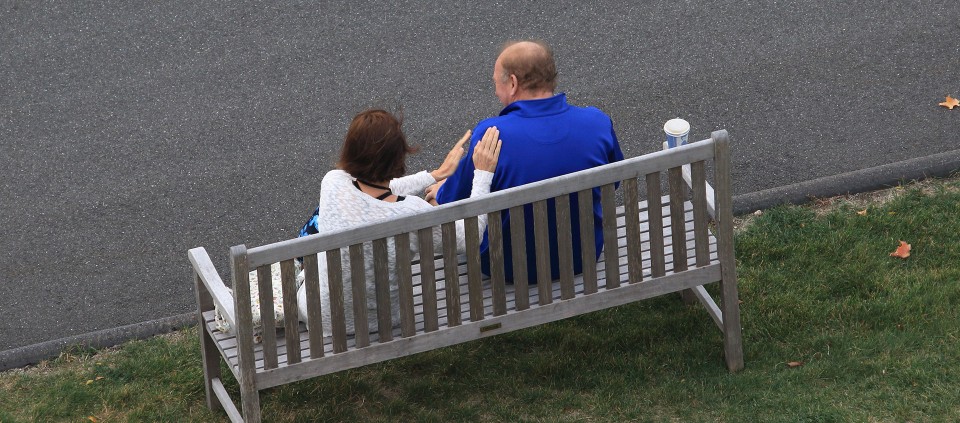“We-ness”: The Key to a Positive Relationship

The source of positive energy for couples lies in a particular type of consciousness called “we-ness.” This type of consciousness is critical, because it alters partners’ perspective from one of “it’s all about me” to “it’s really about us”—and the shift can translate into a series of daily positive practices.
Consciousness of the relationship signifies two people who are individually strong and who have also created a third entity between them that they share and nurture. The “we” showcases the couple, highlights their mutuality, and requires coordinated efforts, interpersonal sensitivity, generosity, and a willingness both to set boundaries and to offer space. If it sounds challenging, that’s because it is; it takes mindful attention. We tell couples to focus on the question “What is best for us?” because it really makes the difference—particularly in approaching disagreements.
Our studies identified seven elements of the We: security, empathy, respect, acceptance, pleasure, humor, shared meaning, and vision. Not every relationship has all these elements, but they represent something a couple can aim for to help them reorient toward positivity and a shared faith in each other.
Prioritizing the relationship makes it more likely for a partner to recognize that the choices they make will have consequences not just for their partner but also for the relationship. This mindset is reflected in the following comments, first from Meg and Sean, married three years:
We used to have these fights when I’d stay late at work and not tell him. I felt like he was trying to control me and I just had the hardest time seeing it from his perspective. Now I’ve learned that he asks for a call because he worries, and I don’t want him to worry. So I make it a point to give him a heads up if I’m going to be late. It makes things so much easier and we feel closer when we can respect each other’s needs in that way.
Or, this example from Stan, married to Edie for 41 years:
I recently had surgery that came with a long recovery. We both know I’m a lousy patient, but this time, I really tested it. She somehow took the attitude that we were in it together and was just a trooper, even at my worst moments. She would even say, “When you’re having a good day, I’m having a good day!" I felt so accepted and supported, and even now, five months later, I feel the afterglow. Who would expect that a terrible experience like that could make us feel more of a partnership and more connected than ever?
Recognizing the relationship as the most important commitment in couple life is easy on the wedding day. As day-to-day life becomes more complicated—children arrive, work becomes more demanding, aging parents require care, community responsibilities mount—it becomes easier and more routine to move the relationship lower down the list of must-do’s. But there are always opportunities to reprioritize your partnership.
We recommend that you take a pause, reflect and ask, “Where is our WE today?” This can be the first step in refocusing on what matters most to keep the relationship flourishing.
At each opportunity, a practiced We-consciousness makes it more likely that you can disarm conflict and regenerate positive emotions, leading to individual physical and mental health benefits, as well as relationship satisfaction. You might even remember why you got together in the first place!
Find out about upcoming programs with Karen Skerrett at Kripalu.
Get a free preview of Couple Resilience, edited by Karen Skerrett and Karen Fergus.
Karen Skerrett is a clinical psychologist and adjunct faculty at the Family Institute/Center for Applied Psychological Studies at Northwestern University.
Full Bio and Programs